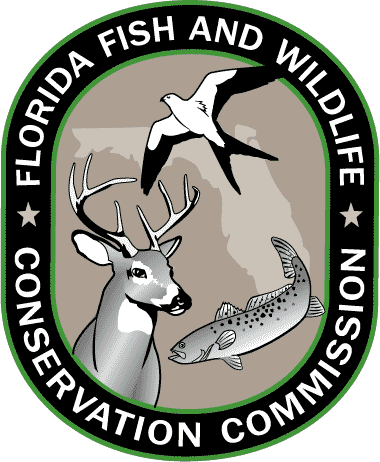Talking Turkey in Florida

Spring has officially sprung in Florida. In the Panhandle the azaleas are blooming, the pleasant scent of orange blossoms is in the air in central Florida, and folks in the Keys are gearing up for extra tourists. It also means spring gobbler season is in full swing.
From helping hunters stay safe in wildlife management areas, to answering questions about regulations, to checking for poachers hunting over bait, Florida Fish and Wildlife Conservation Commission (FWC) officers are engaged throughout the season.
They are vital to ensuring Florida’s residents and visitors can safely enjoy hunting in Florida for years to come. And the fact that peninsular Florida is the only place in the world where hunters can bag an Osceola turkey (one of the five subspecies in North America) makes it a top hunting destination. FWC officers fill a vital role in the state’s economic as well as environmental future.
They have been busy this season already, dealing with cases involving bait, trespassing, over-the-bag-limit and hunting-out-of-season in Glades, Santa Rosa, Alachua, Duval, Polk and Osceola counties.
However, enforcing regulations isn’t the only way in which FWC officers contribute. The story of the wild turkey in Holmes County is a prime example of the tangible impact FWC officers have made on conservation efforts and the relationship they have with stakeholders.
In 1997, Officer Larry Morris, an FWC officer in Holmes County who has served since 1990, noticed a disturbing lack of wild turkeys in the county. Through his consistent communication with landowners and other members of the community, he learned that others shared his concern and were interested in doing something about it. Through biological surveys, FWC biologist Larry Perrin led a team that confirmed there were no wild turkeys anywhere in Holmes County.
In 1998, the FWC closed Holmes County to turkey hunting. For the next two years, FWC biologists and officers, including Officer Larry Morris, worked with stakeholders and partner organizations like the National Wild Turkey Federation to trap 121 wild turkeys from other parts of the Panhandle and relocate them to Holmes County. The population boomed, as everyone had hoped.
In addition to enforcement efforts after the turkeys were released, FWC officers continued their outreach, passing along important information from FWC biologists. They spoke to landowners, hunters, farmers and others about the need to protect the restocked birds and encouraged them to improve the turkeys’ habitat through prescribed burning, timber thinning and planting crops that benefit turkeys. They received an overwhelming amount of support from the public – people were taking ownership in the fight to conserve the area’s natural resources.
Today, the restoration of turkeys in Holmes County is considered a huge success. There is a 16-day spring hunting season, including quota hunts on state lands. Recent efforts have included annual population surveys, public meetings, one of which was held in Bonifay this past February, and continued communication by FWC officers with members of their communities.
While the FWC’s other divisions handle the research and management of fish and wildlife populations, officers in the Division of Law Enforcement are often involved in conservation projects like this one. As they interact with thousands of members of the public each year and spend countless hours patrolling all of Florida’s diverse environments, they are at times the first to learn about conservation issues.
You can help with FWC conservation efforts too. Attend a regularly scheduled Commission meeting, introduce a child to the outdoors or talk to your local FWC officers like Officer Larry Morris. They can serve you better if they know of conservation concerns, suspected violations or other issues in your area. Their passion for the outdoors inspired them to become FWC officers, and they’re here to work with you to protect our valuable natural resources.

